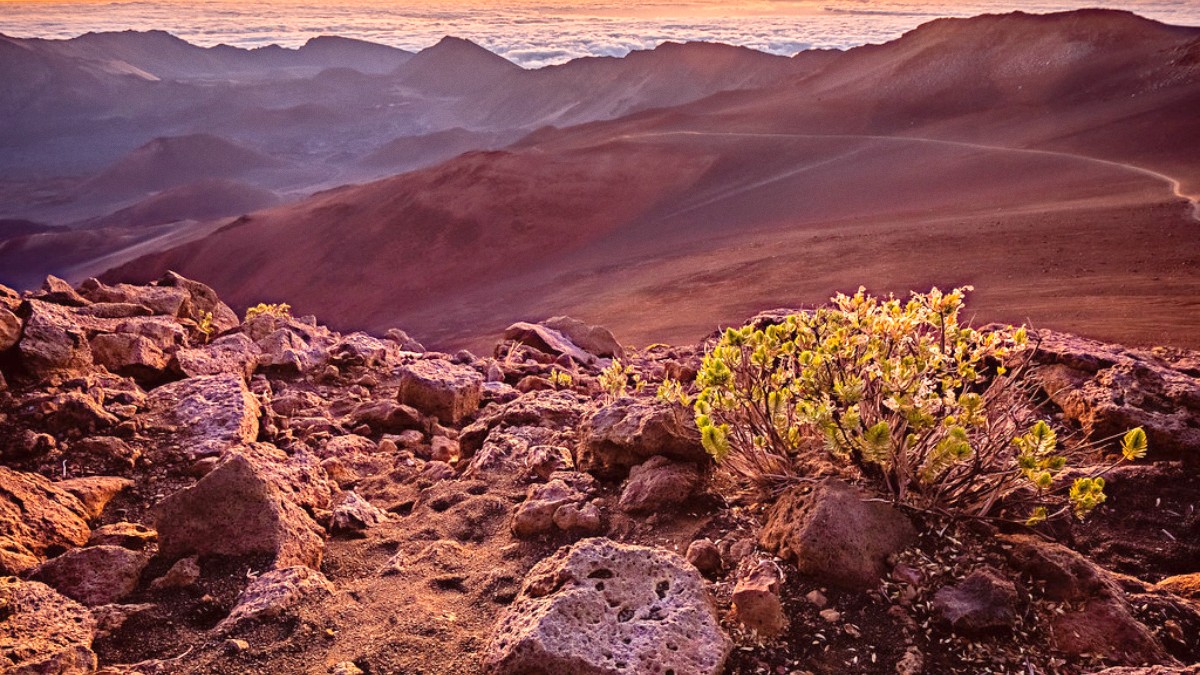
Hawaii, USA
This park protects a critically important, unique ecosystem and endangered native species.
Do not disturb or feed any wildlife; stay on marked trails to protect sensitive habitats.
Clean hiking boots and gear before entering the park to stop the spread of invasive seeds.
Respectful engagement with local culture fosters a connection.
Support local Hawaiian cultural organizations, events, and practitioners.
Practice the Aloha Spirit of respect, kindness, and compassion in all your interactions.
Be mindful of others' privacy and spiritual practices when taking photos.
As Haleakalā is a sacred place, approach it with reverence and respect.
Choose locally owned businesses and guesthouses. This supports local families directly.
Explore Eco-Friendly Stays.Look for "Made in Hawaii" products. Support local artisans, not mass-produced imports.
Find Sustainable Gear.Practice "Leave No Trace" principles by packing out all trash, including food scraps, fruit peels, and tissues.
Your spending choices directly influence the local economy and communities on Maui.
Strengthen the local economy and gain authentic experiences by supporting local enterprises.
Research tours and activities to ensure they follow ethical guidelines.
Look for hotels, guesthouses, and tour operators that highlight their sustainability efforts.
Accommodations using solar or other green power sources.
Establishments sourcing local produce and products for their services.
Businesses actively supporting local conservation organizations.
Adhering to responsible practices preserves Maui's natural beauty and supports its communities.
Hawaii faces freshwater limitations. Conserve water during your stay by taking shorter showers and turning off faucets.
Support accommodations with recycling programs and separate recyclables according to local guidelines in towns.
In Haleakalā National Park, strictly follow "Pack It In, Pack It Out." Carry out all trash, including food scraps.
If you wish to donate, choose reputable local non-profits.
Look for organizations focused on conservation, cultural preservation, or community development.
Research to confirm your donation reaches its intended purpose and supports their work.